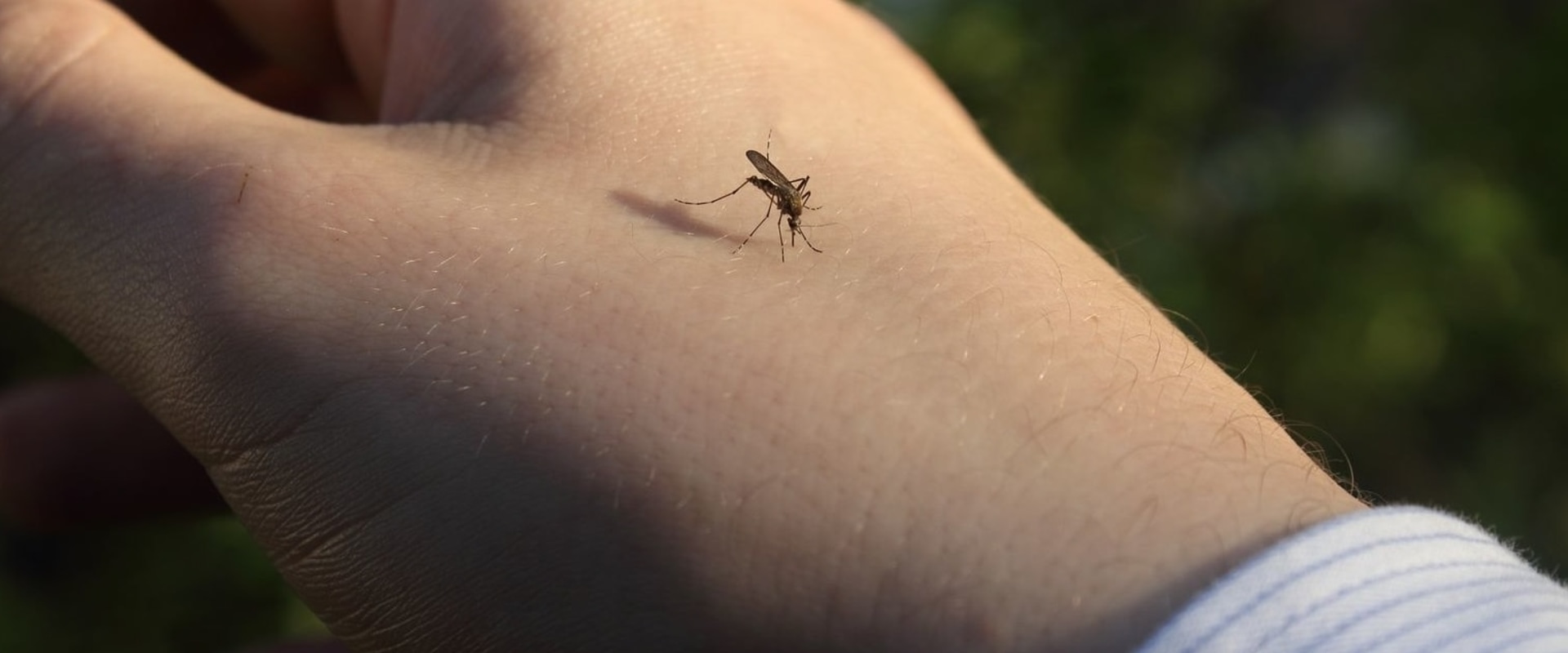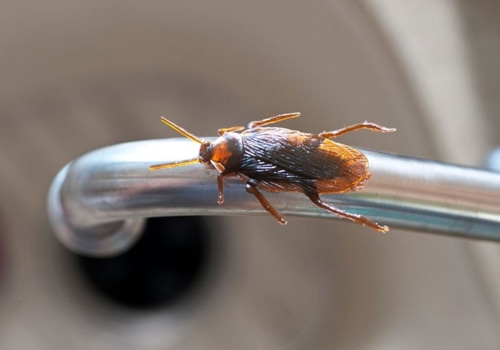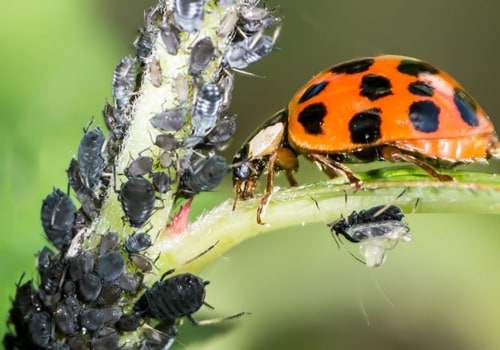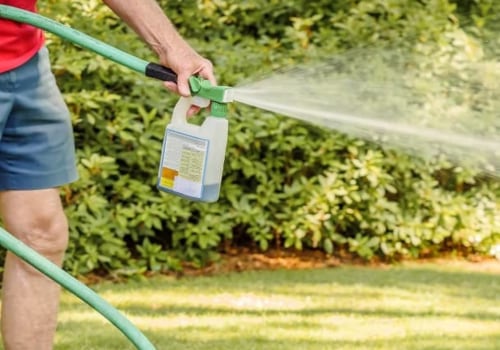Just as the weather changes with each season, so do the pests we see. Some pests prefer warmer, peak weather in spring and summer, while other pests shoot up in winter when they enter to get out of the cold. Most insects are most active in the warmer months of the year. When temperatures are below 32 degrees Fahrenheit, insects really can't move.
At 45 degrees, they start to move slowly. Insects do not become fully functional until temperatures reach 70 degrees. This means that in most parts of the country, insects can become active in mid-March or early April and can quickly produce many generations of offspring during the warmer months. Warmer weather provides perfect conditions for pests to thrive.
Ticks and fleas are two parasites that abound during the summer months. When the weather warms up around March and April, invasive pests begin to emerge from hibernation. At this point, they are more active as they seek food and a safe place to reproduce. You may see limited pest activity during this time, but not necessarily enough to warn you of the next infestation.
Hornets and stinging insects are at their peak population this month. As the nights begin to get longer and the days get shorter, many pests will begin to seek the shelter they will need to survive the coming fall and winter months. May is peak season for fleas and ticks. If you didn't do any preventive treatment in early spring, you'll start to notice fleas and ticks in your garden and on your pets.
Most tick species are active during the hottest months. This means that ticks tend to appear in large numbers at this time of year. Learn more about how to protect you and your pets from. Although pest activity increases in the spring, the vast majority of pest movements and patterns tend to occur outside the home, as pests seek food and water and seek to mate.
However, some pests will seek protected places, such as your home, to build a nest. You should be aware of any changes you notice inside your home, such as a pile of insect wings or the invasion of ants. By keeping abreast of the usual insect patterns around and in your home each spring, you'll be better prepared to notice abnormal insect or pest behavior and write down your observations to a pest control professional. If your home or business in South Florida is experiencing an increase in pest activity, regardless of the time of year, don't wait; contact a professional pest control company, such as Petri Pest Control Services today.
The best pest control strategy is preventive, so save yourself the hassle and frustration of fumigating a fully grown pest colony by keeping them away in the first place. If you have questions about your routine service or have a pest control problem, call. Most people notice the difference between summer and winter pests, but with the ever-changing pest cycle, there are some pests that are more common every month throughout the year. As winter approaches and outdoor temperatures begin to cool, pests begin to infiltrate indoors in search of safe and warm shelter.
Even though winter has already arrived, several pests and concerns about them can arise during these months, including those discovered with renovations, new construction, or other indoor pest problems. They will thoroughly inspect your home and offer you a comprehensive pest treatment plan to get rid of pests for good. As the warmer months approach, both indoor and outdoor pests are often at the peak of feeding and breeding activities. To ensure that any signs of insect infestation or pest presence are properly addressed, it is best to contact your local pest control experts.
Since there are different types of pests for different seasons, no pest control formula will work on all of them. Pest control professionals are responsible for protecting against rodents, insects, arachnids and other animals that can damage property and threaten people's health through the spread of diseases and bacteria, as well as inflicting painful bites and stings. However, you don't always have total control to deter insects and pests from seeking shelter in your home, and your own efforts to combat a problem aren't always safe or advisable. .
.







